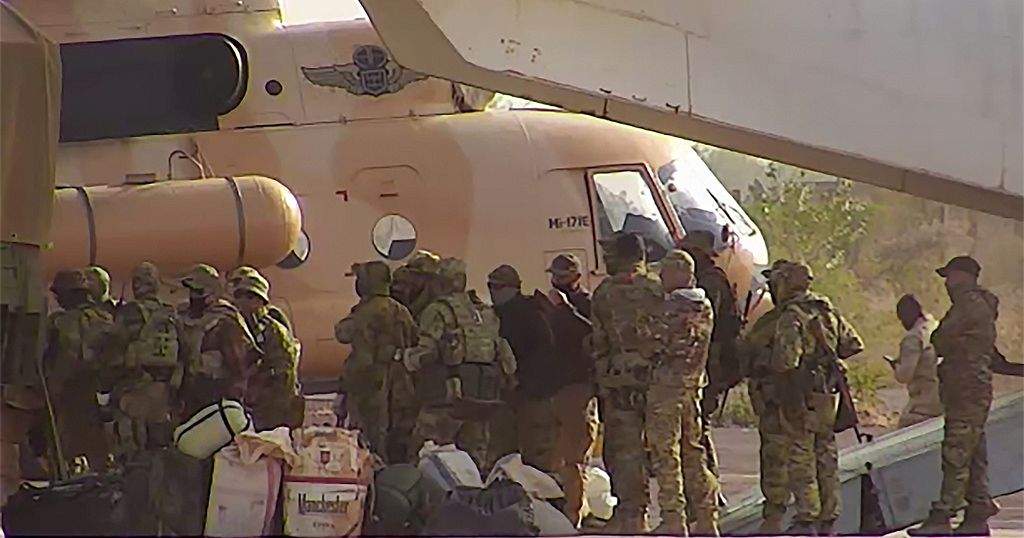Wagner Mercenaries Suffer Largest Battleground Blow in Years in Northern Mali
In a stunning turn of events, dozens of Wagner mercenaries were killed by jihadis and rebels in a weekend ambush in northern Mali, marking the largest battleground blow to the shadowy Russian group in years. At least two others were taken captive.
According to Wassim Nasr, a Sahel specialist and senior research fellow at the Soufan Center, approximately 50 Wagner fighters in a convoy were killed in an al-Qaida ambush, which was joined by rebels who were in pursuit, along the border with Algeria. The mercenaries had been fighting mostly Tuareg rebels alongside Mali’s army when their convoy was forced to retreat into jihadi territory and ambushed south of the commune of Tinzaouaten.
Wagner confirmed in a Telegram statement on Monday that some of its fighters as well as Malian troops were killed in a battle with hundreds of militants, but did not provide a specific number. Mali’s army reported losing two soldiers and 20 rebels were killed.
Al-Qaida claimed responsibility for the attack, stating that it was meant to “avenge the massacres committed in the center and north” of Mali in the yearslong battle against the extremists. The Tuareg rebels said an unspecified number of the mercenaries and Malian soldiers surrendered to them.
The Associated Press was unable to verify the video Nasr cited.
“This is really important. It’s never happened before on African soil and it will change the dynamics,” Nasr said. “They (Wagner) won’t be sending any more wild expeditions like this near the border with Algeria. They had been bragging about how well they were doing and how strong they are, but they don’t have the manpower to do this for long or to hold on territory to secure deployments.”
Wagner has been active in the Sahel region since late 2021, replacing French troops and international peacekeepers in helping to fight militants who have threatened communities in the central and northern regions for over a decade. The group has been accused of helping to carry out raids and drone strikes that have killed civilians.
The group’s overconfidence and overstretched deployments may have contributed to the weekend’s failure, according to independent analyst John Lechner. “Large losses or setbacks are attributed to private military companies, victories to the (Russian) ministry of defense,” he said.
Wagner has had an estimated 1,000 fighters in Mali, and its presence has been a significant factor in the conflict-torn region. The group’s loss in the weekend ambush is a major setback for Russia’s efforts to expand its influence in the region.
